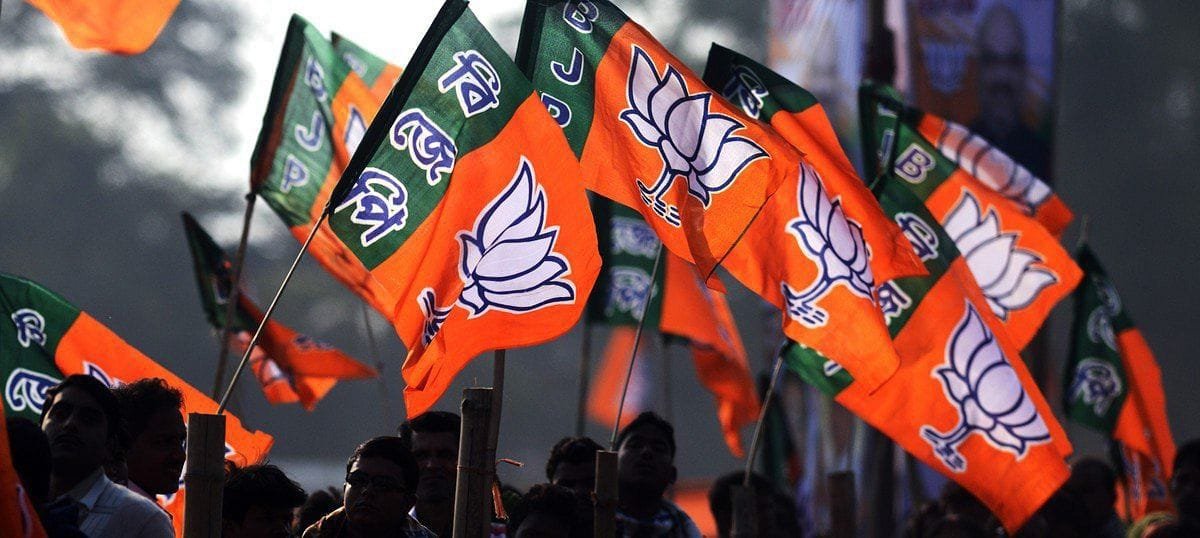Political tensions have escalated in Assam following the Union Home Ministry’s September 1 notification allowing non-Muslim migrants from Afghanistan, Bangladesh, and Pakistan—who entered India without valid travel documents up to 2024—to legally remain in the country.
Opposition parties in the state, including the Assam Jatiya Parishad (AJP), Congress, Aam Aadmi Party (AAP), and CPI(M), criticised the move, calling it a violation of the 1985 Assam Accord and a “betrayal” of Assamese interests.
The Citizenship (Amendment) Act, 2019, had previously granted refuge to Hindus, Christians, Sikhs, Jains, Buddhists, and Parsis who entered India on or before December 31, 2014. The new notification extends this benefit by a decade, raising concerns that Assam could face increased migration.
AJP president Lurinjyoti Gogoi accused the BJP of compromising Assam’s identity, stating that the extension would place “53 years of burden from foreigners” on the state. Party workers staged protests in Guwahati, burning copies of the notification.
Leader of the Opposition Debabrata Saikia (Congress) warned that the order could legitimise nearly five lakh illegal foreigners in Assam, terming it “an insult to the Assam Accord” and demanding the notification be withdrawn or Assam be exempted.
AAP’s state leader Rajib Saikia described the move as “dictatorial,” while CPI(M) also called for an immediate rollback.
The issue is particularly sensitive in Assam, which experienced a six-year anti-foreigner movement in the 1970s and 80s, culminating in the Assam Accord that set March 25, 1971, as the cut-off date for identifying and deporting illegal migrants. With state assembly elections scheduled next year, the notification is expected to dominate political discussions in the state.









